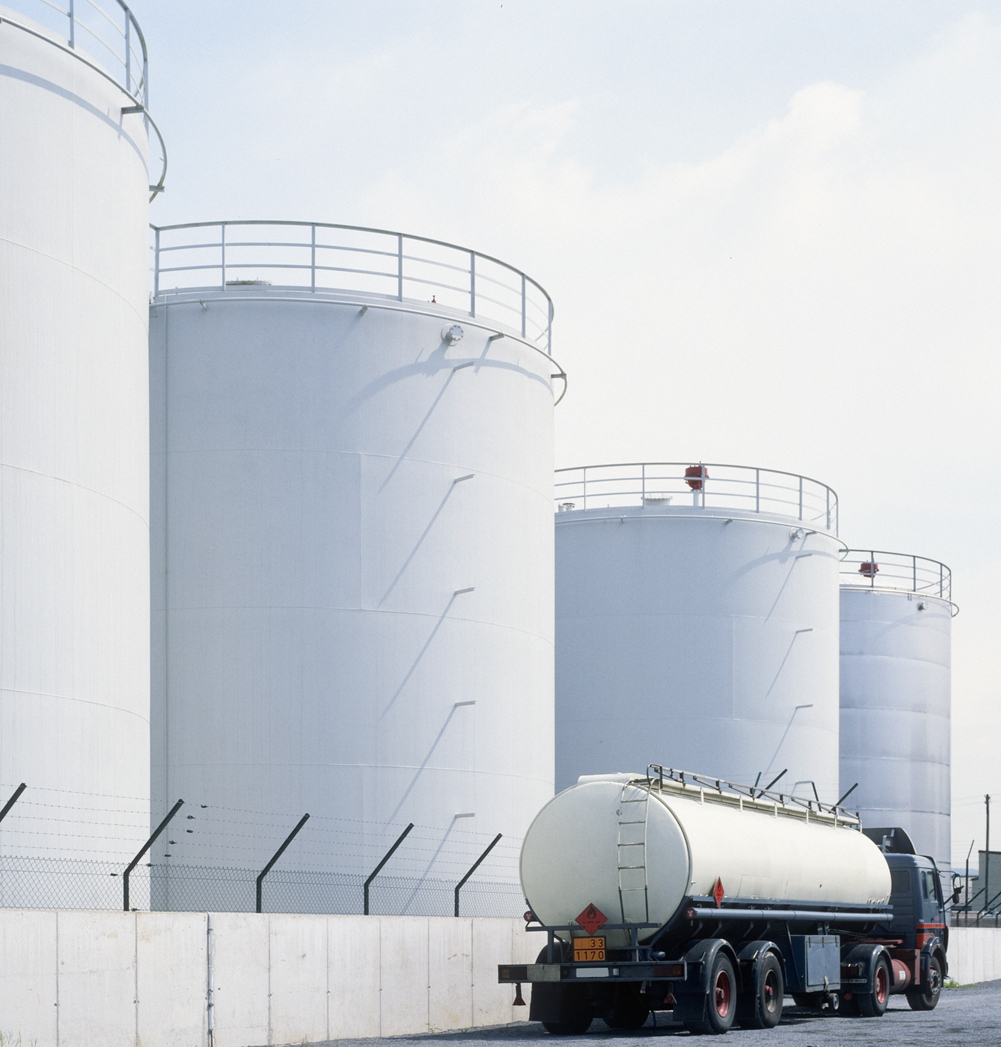Port Harcourt Refinery: Key Facts and Overview
Port Harcourt Refinery: Key Facts and Overview
The Port Harcourt Refinery is one of Nigeria’s most important oil refining facilities, playing a crucial role in the country’s petroleum industry. Located in Rivers State, it consists of two refineries: the old refinery commissioned in 1965 and the new refinery commissioned in 1989. Here’s a comprehensive overview of the Port Harcourt Refinery, including its history, capacity, and significance.
History of the Port Harcourt Refinery
Establishment and Early Years
The Port Harcourt Refinery was initially established to reduce Nigeria’s dependence on imported refined petroleum products. The old refinery, with a capacity of 60,000 barrels per day (bpd), was commissioned in 1965 by Shell-BP.
Expansion and Modernization
To meet the growing domestic demand for petroleum products, a new refinery was commissioned in 1989. This expansion increased the total refining capacity of the Port Harcourt Refinery to 210,000 bpd.
Refining Capacity and Operations
Old Refinery (PHRC I)
- Capacity: 60,000 barrels per day
- Processes: Primarily handles the initial distillation of crude oil into products like naphtha, kerosene, diesel, and fuel oil.
New Refinery (PHRC II)
- Capacity: 150,000 barrels per day
- Processes: Utilizes more advanced refining processes to produce a higher yield of refined products, including premium motor spirit (PMS), aviation turbine kerosene (ATK), and liquefied petroleum gas (LPG).
Combined Capacity
- Total Capacity: 210,000 barrels per day
- Products: The refinery produces a variety of petroleum products, including gasoline, diesel, kerosene, aviation fuel, and LPG.
Significance and Economic Impact
Domestic Supply
The Port Harcourt Refinery plays a critical role in supplying Nigeria with refined petroleum products. Its operation helps reduce the need for imports and supports the local economy by providing jobs and supporting ancillary industries.
Challenges and Maintenance
Over the years, the refinery has faced several challenges, including technical issues, maintenance problems, and operational inefficiencies. Despite these challenges, efforts have been made to rehabilitate and upgrade the facility to enhance its performance and reliability.
Recent Developments
The Nigerian National Petroleum Corporation (NNPC) has initiated several rehabilitation projects to restore the refinery to optimal performance. These efforts aim to reduce Nigeria’s reliance on imported refined products and improve the overall efficiency of the refinery.
Conclusion
The Port Harcourt Refinery remains a cornerstone of Nigeria’s oil refining industry. Despite facing operational challenges, it continues to play a vital role in the country’s energy sector. Ongoing rehabilitation and modernization efforts are crucial to ensuring that the refinery can meet Nigeria’s growing demand for petroleum products and contribute to the country’s economic stability.
For more information on the Port Harcourt Refinery and other key facilities in Nigeria’s oil industry, visit Wigmore Trading.








Comments are closed.